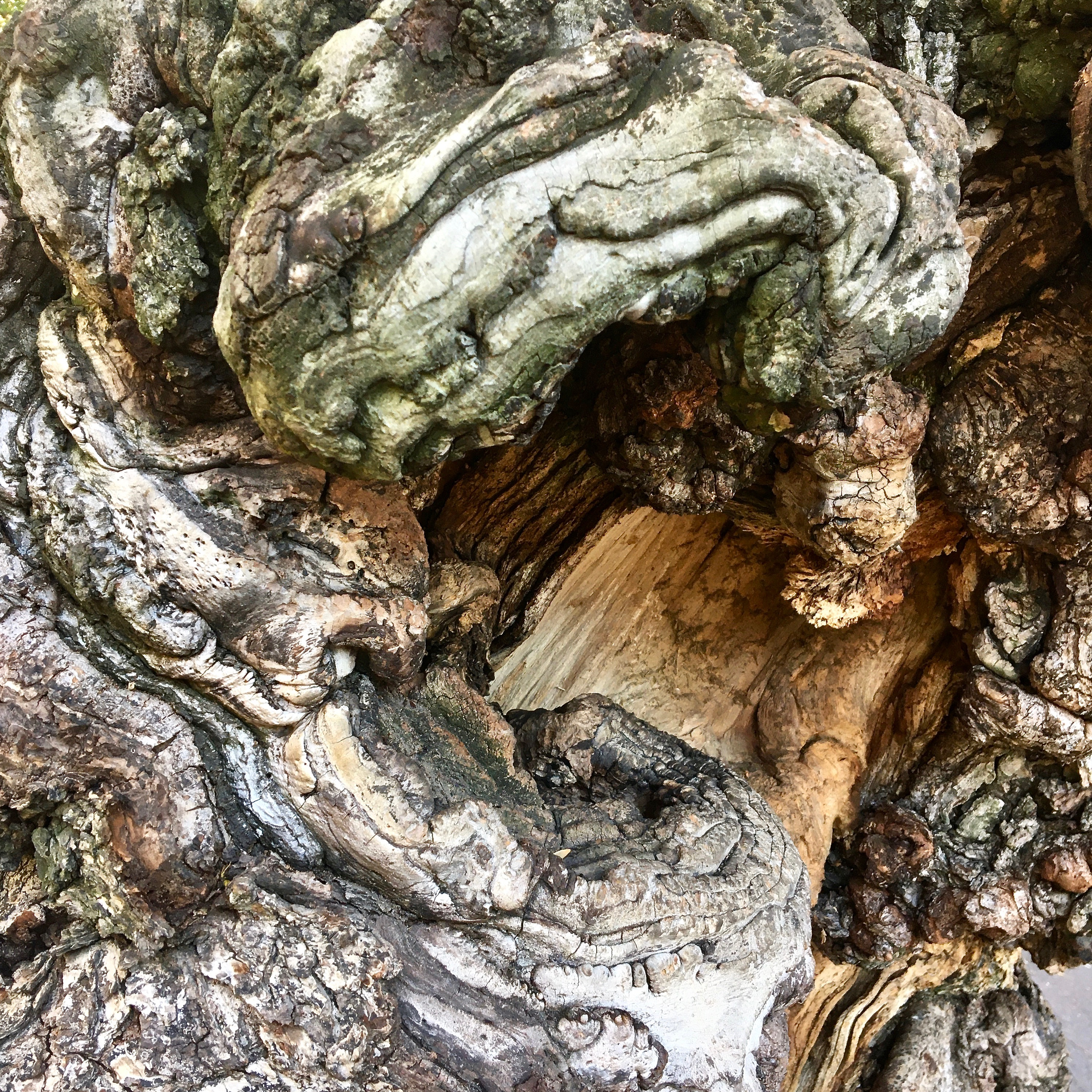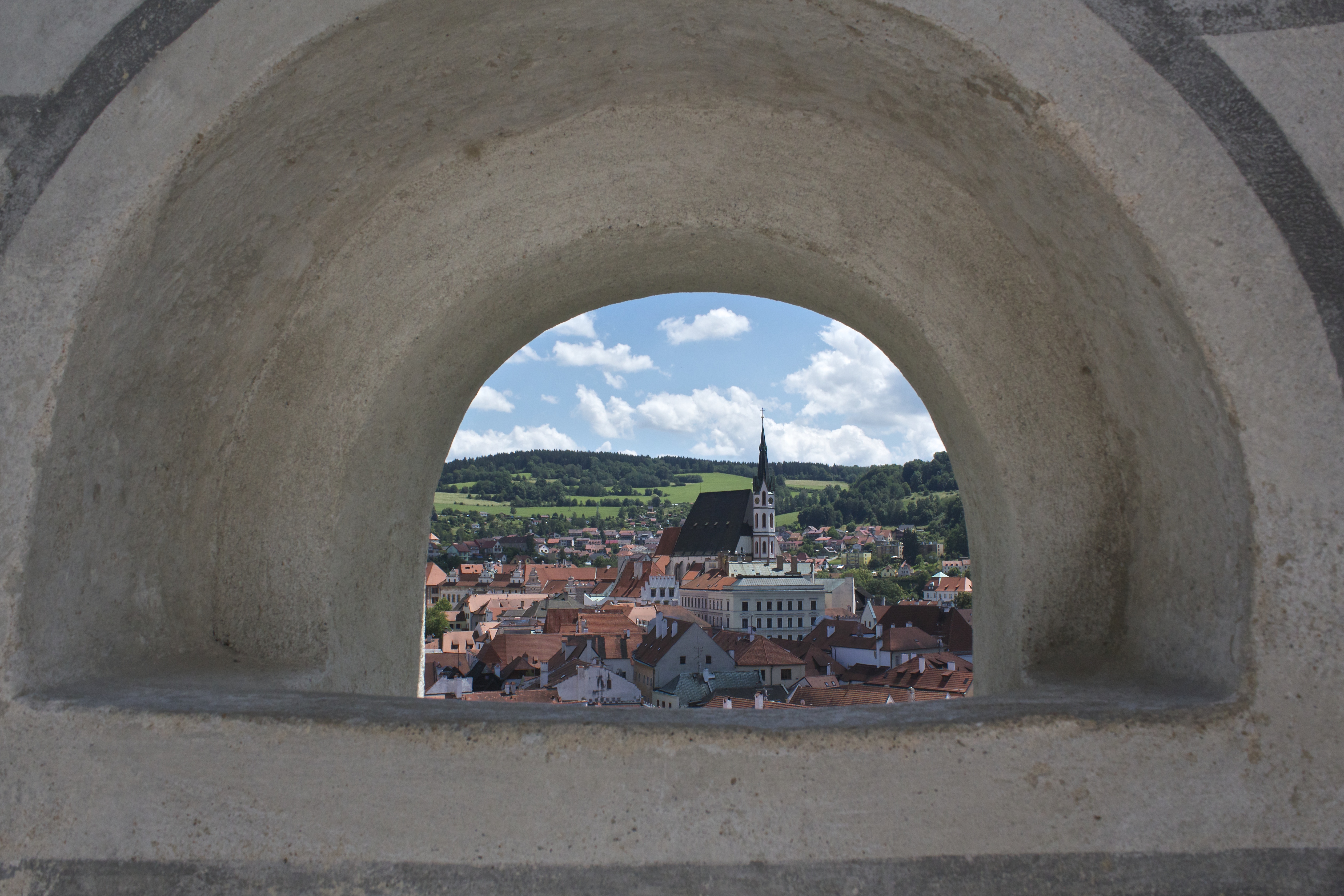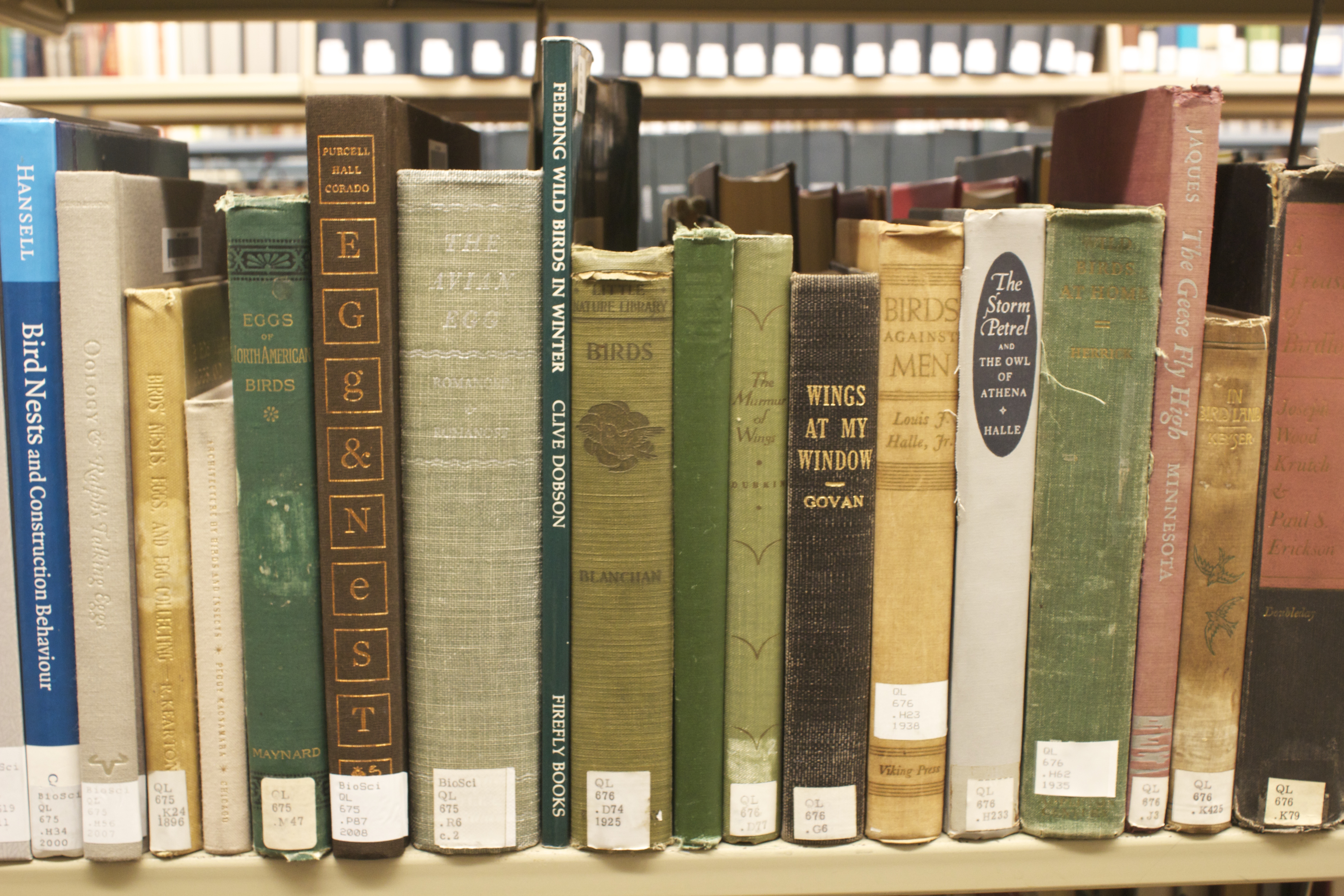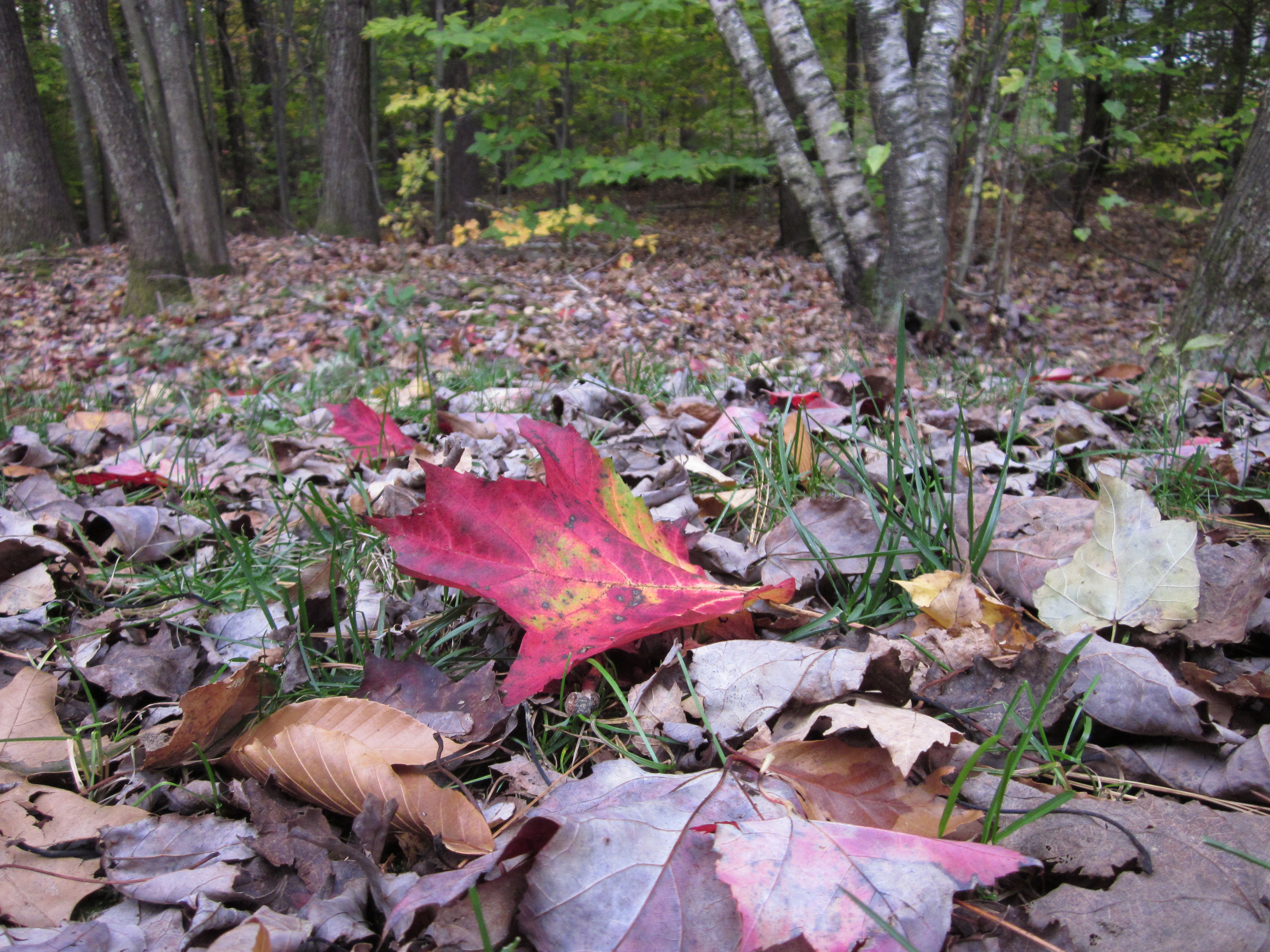
The present
Detached. Distant. Determined in the disconnect, even though I know I should draw closer to Him.
Stagnant. Stuck. Stubborn in my status quo of “doing fine”, even though I’m stalled and stumbling.
Let go, He whispers.
“I can’t,” my headstrong side quickly responds, while my quieter side asks, “Why not?”
Because letting go hurts. Because I don’t even know what it is I’m supposed to let go.
I know I trust Jesus. I believe in His name and the peace, security and love it brings. I know I can depend on that name.
So, why am I holding back? What am I holding back?
And then He whispers again, with biting clarity: Intimacy.
I want you to cling to me as Ruth clung to Naomi. Cling to me.
The backstory
Months ago, I was reading through the book of Ruth. I’ve always loved Ruth’s story of determination, obedience and faithfulness. When reading, I was struck again by her loyalty to her mother-in-law, Naomi, and I wrote down some notes on my phone. There they sat untouched — until now, when I had the above conversation with myself and God.
So here I am, using the notes with which I intended to encourage others to encourage myself. Hopefully, they’ll encourage you, too.
And again they wept together, and Orpah kissed her mother-in-law goodbye. But Ruth clung tightly to Naomi. (Ruth 1:14 NLT)
As Ruth clung to Naomi, she spoke the beautiful words of “Where you go, I will follow. Where you live, I will live. Your people will be my people, and your God will be my God.” (Ruth 1:16-18 NLT)
Ruth probably experienced ups and downs just like we do. She had experienced marriage, widowhood, maybe the longing for a child. Who knows what she had to look forward to in Moab, but I’m sure her life had its own familiar status quo.
But something in Ruth must not have been satisfied, because she chose to cleave to Naomi.
I love the word “cleave”. This one word can have two separate, seemingly disparate meanings:
- To sever, divide or sharply separate something.
- “To adhere firmly” to something; loyal; unwavering.
When Ruth chose to cleave to Naomi, she demonstrated both meanings in a single choice. She made the conscious decision to cleave herself from her former way of life, while cleaving to Naomi and the God Naomi served. Ruth abandoned the land that held familiarity, death and disappointment, and she looked ahead to a life of both uncertainty and hope.
Likewise, we need to make a conscious decision to cleave to the uncertain, but hopeful path of God — turning away from the former things that hold us back and looking ahead to greater things. The way to do that is through Jesus, who is the way, the truth and the life.
This is more than a fleeting decision. This is life changing, and it should affect my daily decisions and actions. How do I consciously and unconsciously live for God? Do I cleave to Him, love Him with all my heart, soul, mind and strength? Do I allow that love to be evident in the way I live and conduct myself?
Obey His commands, listen to His voice, and cling to Him. (Deut. 13:4b NLT)
And His voice says: Cleave to me, and I will cleave away the impurities and unnecessary strings that are holding you back. Cleave to me, not to this world. Cleave to me, and cleave yourself from the snares and distractions of this world. I will help you.
The future
“Show love to the Lord your God by walking in His ways and holding tightly to Him.” (Deut. 11:22 NLT)







